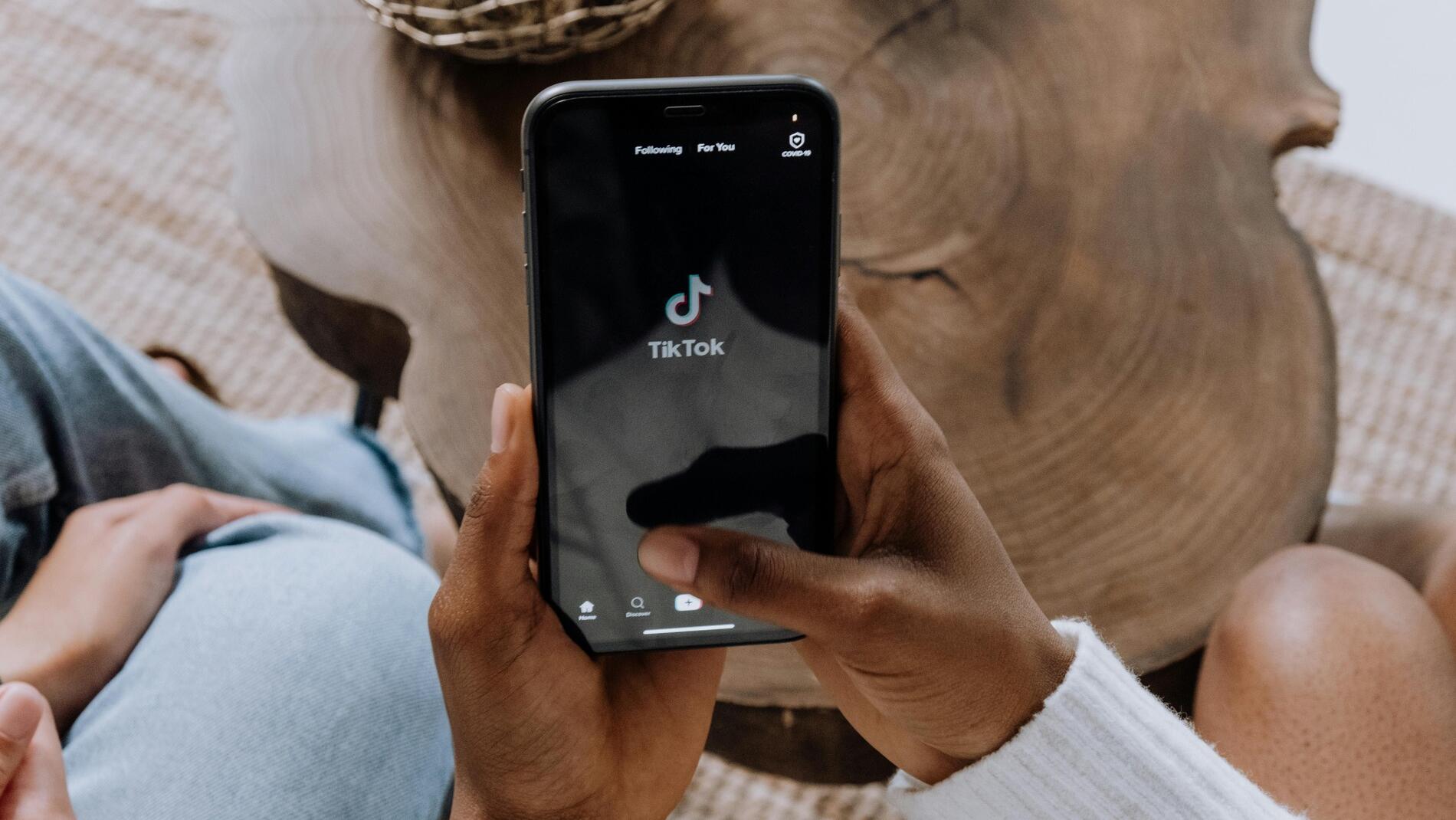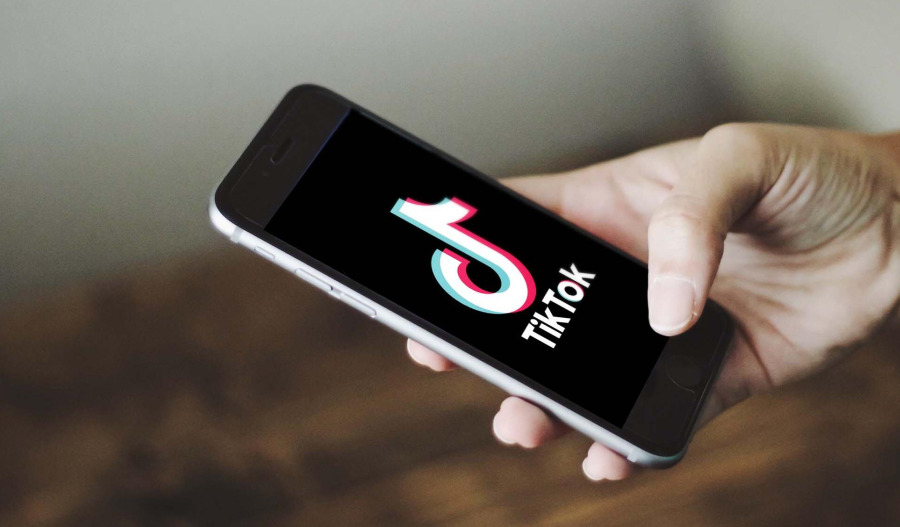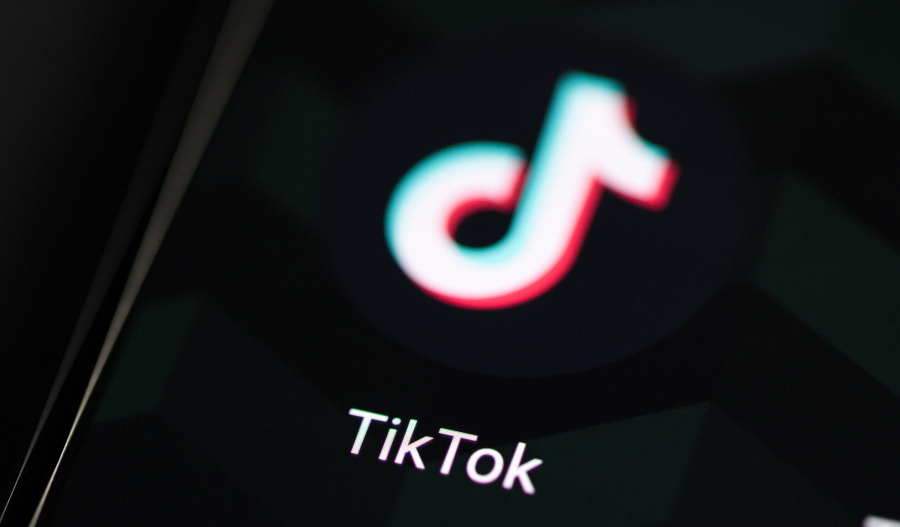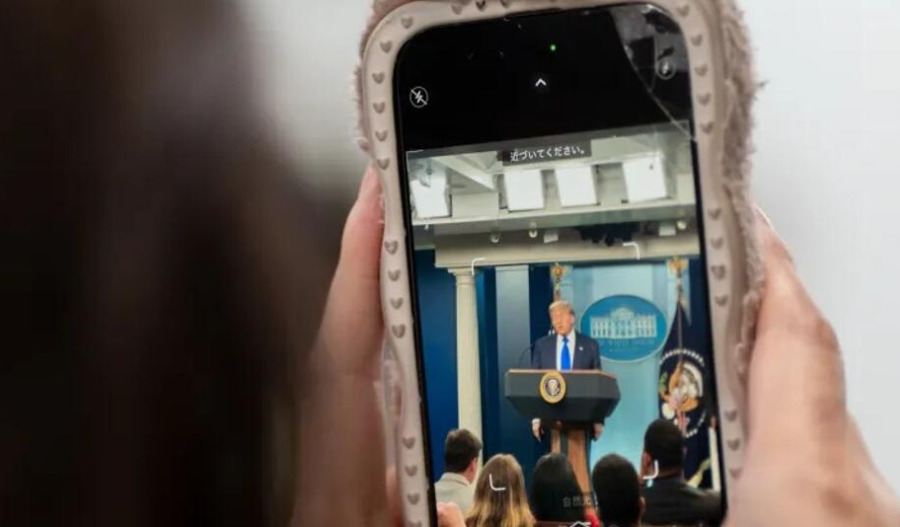A group of high-profile investors including Larry Ellison, Michael Dell and Lachlan Murdoch plan to take control of TikTok, according to United States President Donald Trump.
Trump named them during an interview as being part of a deal to keep the social media platform operating in the United States, where the President wants it banned unless it is sold by Chinese parent ByteDance.
Trump said in an interview on Fox News’ The Sunday Briefing the group consisted of “very prominent people” and “American patriots” who would “do a really good job” overseeing TikTok’s U.S. operations, according to media reports.
“You know, they’re very well-known people. And Larry Ellison is one of them. He’s involved. He’s a great guy. Michael Dell is involved. I hate to tell you this, but a man named Lachlan is involved,” Trump was quoted as saying.
Ellison, the Oracle Corporation founder and world’s richest person, and Dell, the CEO of Dell Technologies, are Republican donors and have been previously linked to the TikTok talks while Murdoch is the Executive Chair of Fox Corporation.
The Murdoch investment would come through Fox Corp with neither Lachlan nor his 94-year-old father Rupert investing as individuals, according to this Reuters story.
Trump recently announced a deal had been reached for TikTok to continue operating in the United States, with a new company 80% owned by U.S. investors to be formed to manage its American operations.
The deal, still under negotiation, would transfer TikTok’s American assets from China-based ByteDance to a U.S.-controlled entity, addressing national security and privacy worries.
Under the proposed structure, U.S. investors would hold a majority stake, with the U.S. operations overseen by a board composed mostly of Americans with cybersecurity and national security credentials and ByteDance retaining less than 20%.
White House Press Secretary Karoline Leavitt said six of TikTok’s seven board members would be American, with Oracle helping to safeguard U.S. user data.
TikTok, which has 170 million U.S. users and was influential in helping Trump deliver his message before the last election, was meant to have been sold by January 2025 under a law that has not so far been enforced.



